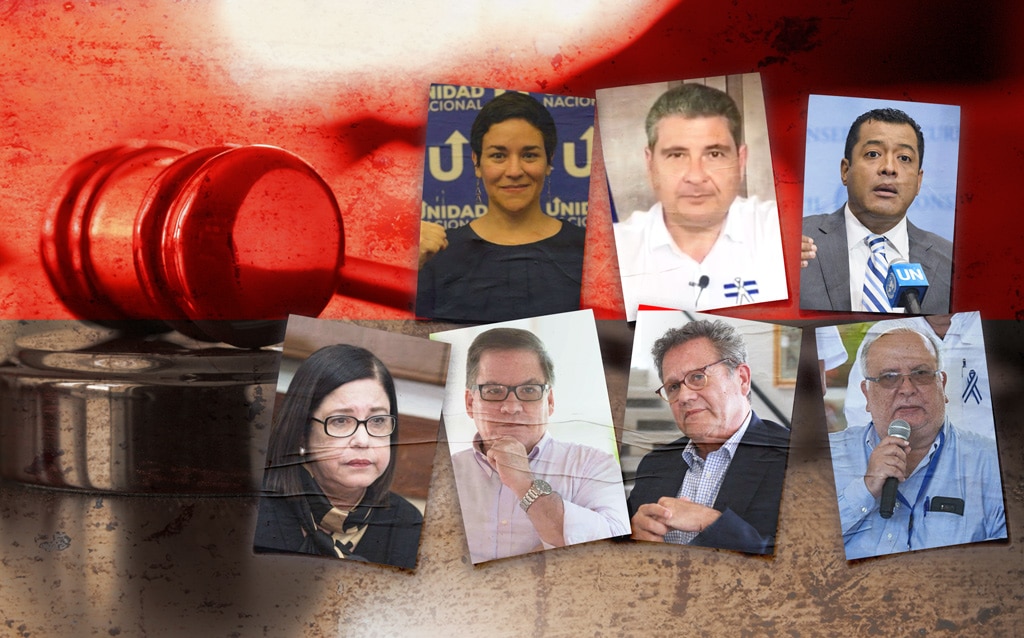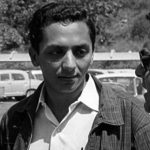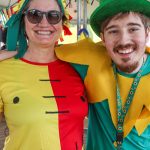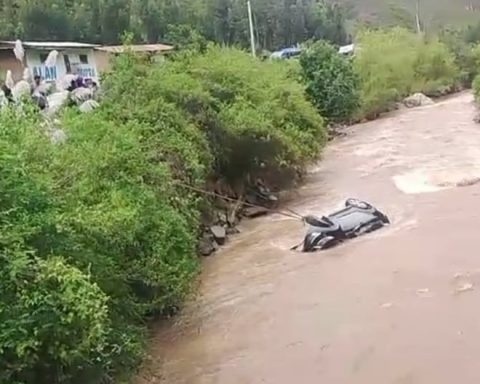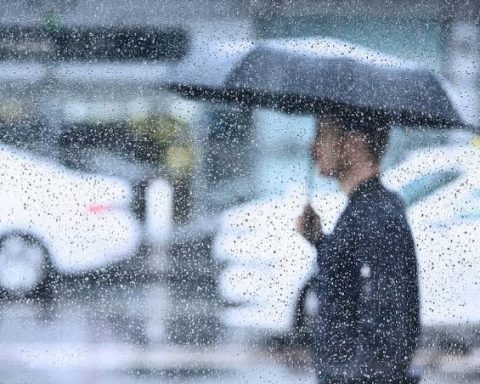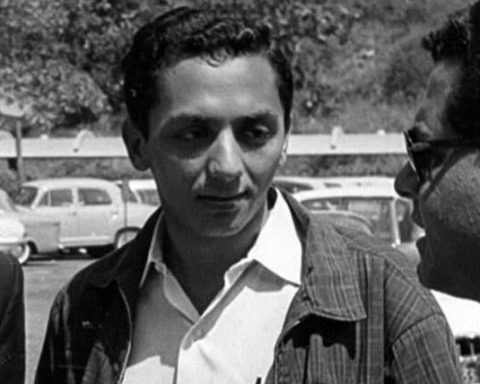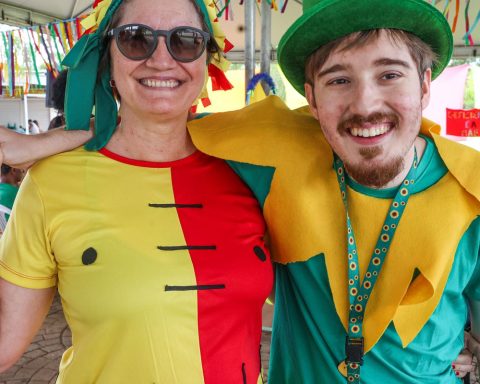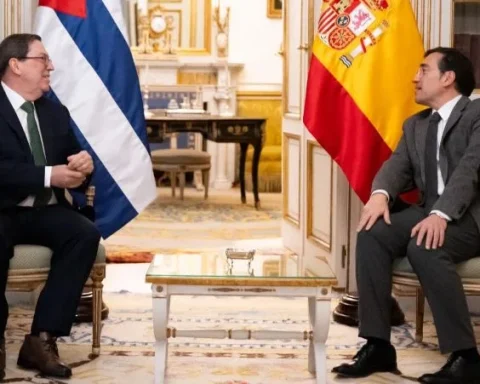The judicial process orchestrated by the regime of Daniel Ortega and Rosario Murillo against the seven political prisoners: Juan Sebastián Chamorro, Arturo Cruz, Tamara Dávila, Violeta Granera, José Pallais, Félix Maradiaga and José Adán Aguerri, was extended for a seventh hearingthis Wednesday, February 23, after a sixth 12-hour day, at the Judicial Assistance Directorate, known as El Chipote.
This Tuesday, the Prosecutor’s Office finished presenting its evidence and questioning police witnesses. Today, Wednesday, the defenses will present their evidence, then the closing arguments and the judge’s ruling will be given, so it is expected that I will end this day, explained defense attorney Mynor Curtis.
The sixth hearing was based on knowing the information extracted by the computer experts from the equipment confiscated from the accused, which was not presented by them, but by a supervisor. The previous days, police officers who had participated in the arrests or raids arrived at the homes of political prisoners; in total, according to lawyer Curtis, the Prosecutor’s Office has presented 26 police officers as witnesses.
Among the evidence presented, they pointed out publications related to the defendants in unreliable digital media, which was warned by the lawyer Curtis. “In themselves, they have not presented evidence that constitutes the crime of impairment, they have presented evidence that there is a political position of the boys, but not evidence of commission of the crime of impairment. There is also no information about money laundering, there is no information, nothing,” he pointed out.
The seven prisoners of conscience are accused by Ortega justice of committing the alleged crime of “conspiracy to undermine national integrity to the detriment of the State of Nicaragua and society.”
whatsapp group
In the specific case of presidential candidate Juan Sebastián Chamorro, the Prosecutor’s Office highlighted a WhatsApp group in which José Pallais, also presidential candidate Félix Maradiaga, business leader José Adán Aguerri, and the Inter-American Dialogue investigator, Manuel Orozco, participated. is being tried in absentia.
The conversations in the group were based on comments about the situation in the country. In the videos that Chamorro came out with: “he commented on a sanction, but he did not ask for it. They did not take any video that asks for sanction. Asking for a sanction does not constitute that crime either. It is not the case. He never asked for sanctions ”, clarified Curtis, who has been able to talk with his defendant for two minutes per hearing; that is, twelve minutes in six trial days. A total violation of the right to defense, questions the lawyer.
orozco, in an interview given to This week Two days before the trial began, he said that the accusation “revolves around a commission that we created within the Inter-American Dialogue in 2018, for mediation and policies on the Nicaraguan crisis. That mediation commission was to work as an international link with a series of international actors, predominantly the OAS member states, with the sole purpose of promoting the mediation of the political conflict.”
Mediation is not any form of foreign interference, nor is it a threat to the Nicaraguan State, it is quite the opposite; however, based on those conversations that took place, the accusation was lifted, and the State’s impairment law is used.
They try to legalize raids
During the trial, the Prosecutor’s Office presented the validation of the raids, which means that the Police first raided the homes of the accused and only later asked a judge to validate the fact, which clearly violates the Political Constitution of Nicaragua, which in its article 26 states that “andThe home can only be searched by written order of the judge competent”.
The police raids occurred arbitrarily, without the police presenting any written authorization. Curtis explained that the validation is “illegal and is not allowed in our penal system”, because the laws are subordinate to what is established by the Magna Carta and not above it.
The trial is in charge of the Ortega judge Félix Ernesto Salmerón Moreno, of the Fifth Criminal District Court of Judgment.
Since the second hearing, held on February 16, the serious physical and mental deterioration suffered by the seven defendants, who have been incarcerated since mid-2021, was evident.
After the political prisoner José Pallais fainted in the trial that takes place behind closed doors in El Chipote, and Arturo Cruz showed “signs or symptoms associated with Parkinson’s disease”, the Public Ministry transferred them both together with the former diplomat, Francisco Aguirre Sacasa to their homes, under house arrest.
This Monday, both Pallais and Cruz were taken to El Chipote early, so they could wear prison uniforms. They still look bad, without recovering. Pallais still walks weakly and Cruz perceives pain when moving, sources confided.
Relatives of some of the prisoners of conscience denounced, in an interview with CONFIDENTIAL, that the state of the seven political prisoners is “alarming”. All show severe weight loss; the bones are noticeable; weakness to walk and get up from the chairs where they are placed; insecurity and fear when speaking.
